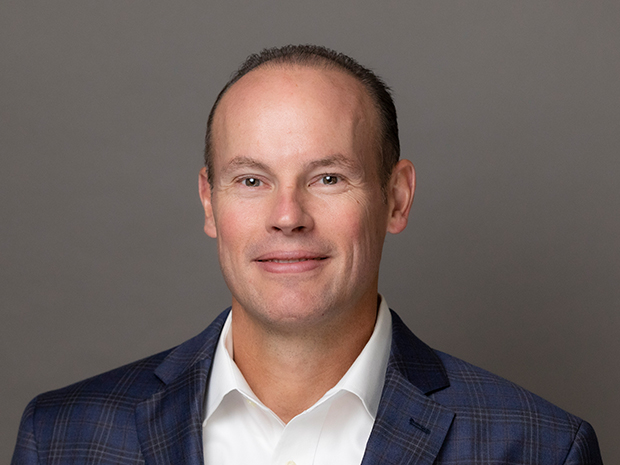On Monday, Aug. 24, 2020, The Small Business Administration (SBA) released additional guidance related to forgivable amounts for owners and certain nonpayroll costs. Under this interim final rule, an owner-employee with less than a 5% ownership stake in a C- or S-corporation is not subject to the owner-employee compensation limitation. This interim final rule puts to rest the confusion generated by the lack of guidance to date on the definition of an owner-employee for the Paycheck Protection Program (PPP).
While the SBA Loan Forgiveness Frequently Asked Questions document provides guidance on health insurance costs for owners with at least a 2% interest in an S-corporation, it does not provide a threshold for other compensation related costs. Borrowers should take care in calculating eligible compensation for owner-employees, especially in S-corporations, as employees with less than a 5% ownership stake are not limited on compensation (aside from the $100,000 annualized compensation limit), but employer contributions for health insurance for employees with at least a 2% ownership is not allowed as a qualified forgiveness cost as those contributions are included in cash compensation. In effect, those employer contributions should not be counted twice for employees that have at least a 2% ownership stake in an S-corporation.
Secondly, guidance was issued for forgiveness eligibility for related party rent payments. In an unfavorable item of guidance, the SBA states that the loan forgiveness requested for rent or lease payments to a related party can be no more than the amount of mortgage interest owed on the property during the borrower’s covered period and the mortgage interest must be allocated and attributed to the space being rented by the business. Borrowers will be required to submit mortgage interest documentation to substantiate these payments. Borrowers must also be aware that for PPP purposes, any ownership in common between the business and the property owner creates a related party.
Finally, the SBA provides that no amount of loan forgiveness is provided for any amounts attributable to the business operation of a tenant or sub-tenant of the PPP borrower, or for the household expenses of a home-based business.
Overall, the clarifying guidance from the SBA is helpful to borrowers, although the rule that limits related party rents to the underlying mortgage interest amount may limit certain nonpayroll costs eligible for forgiveness. However, with the extension of the covered period to 24-weeks, most borrowers should be able to obtain full forgiveness, even with the limitation of related party rents.



